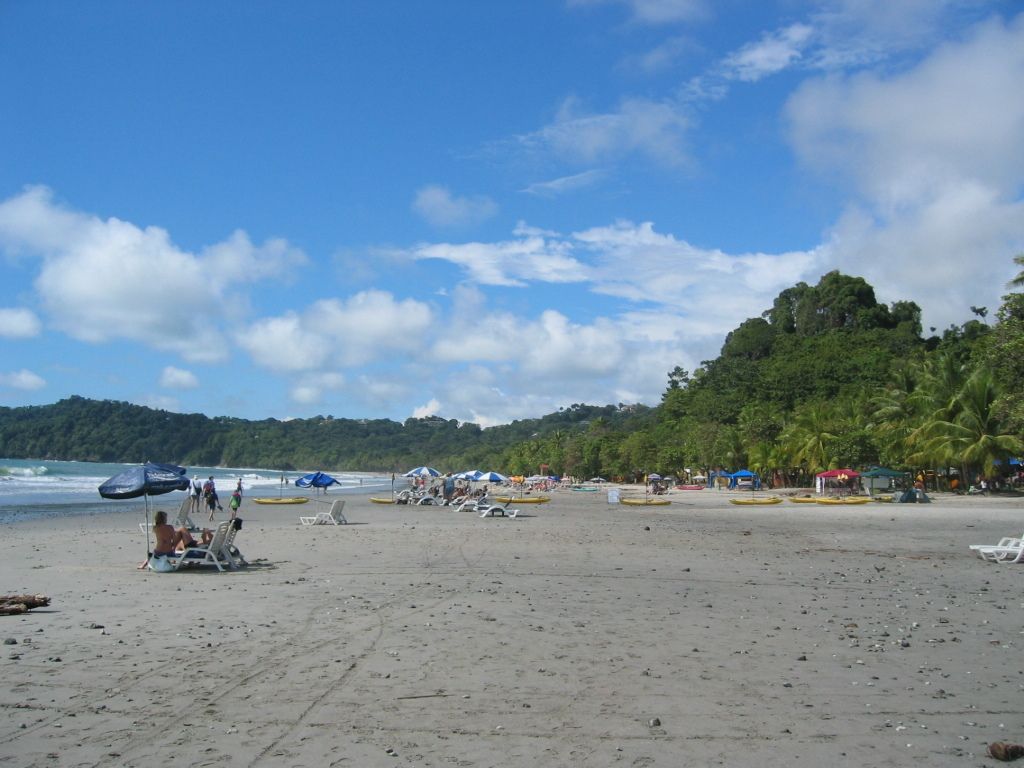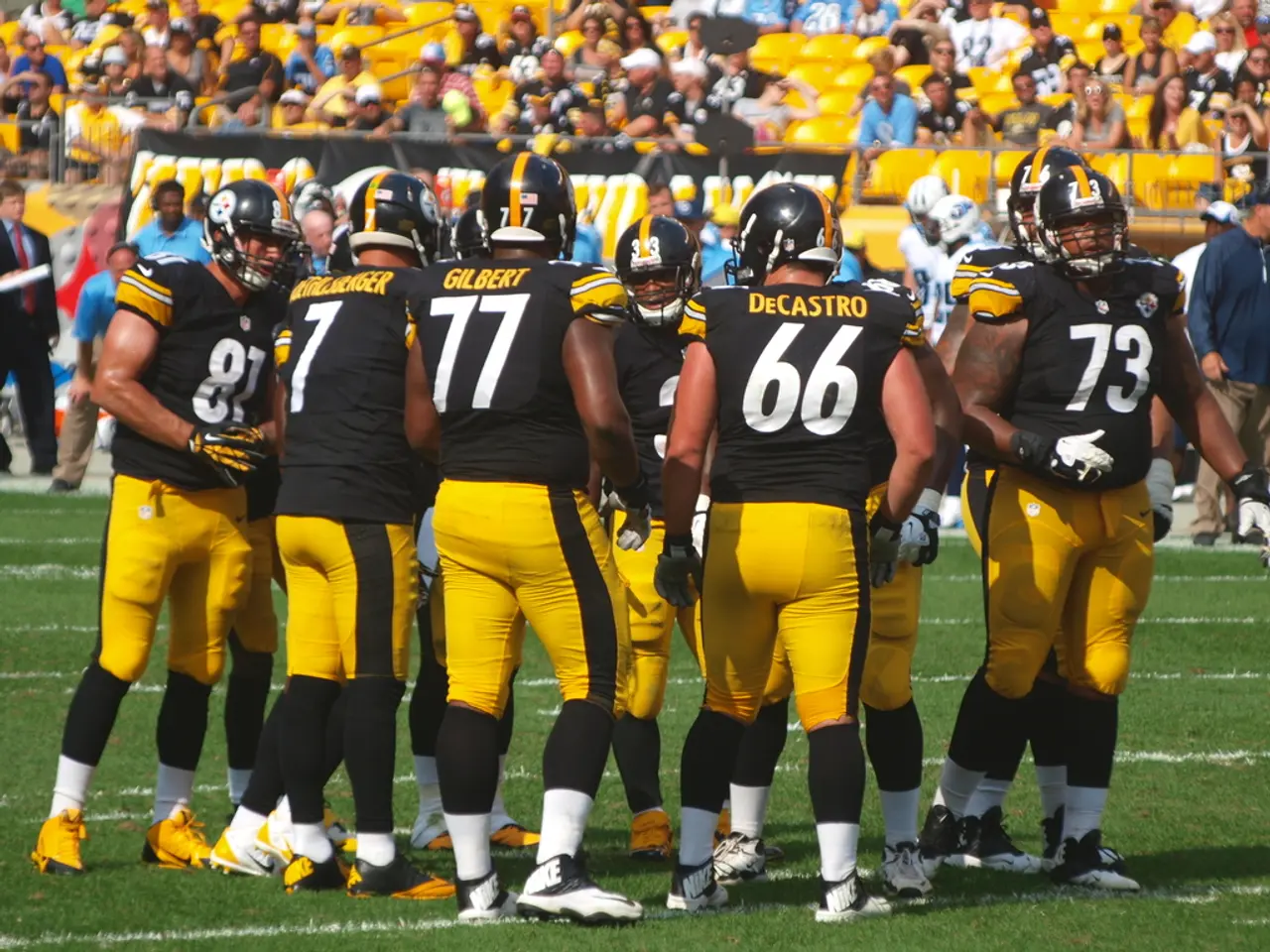Questions to grasp the constraints of bottom trawling within marine protected zones, a key topic in the Nice summit discourse
Going Deeper: The Unwanted Guest in France's Marine Protection
The issue of bottom trawling in France's marine protected areas (MPAs) has stirred up quite a storm, with concerns lingering despite recent promises by the government.
1. Bottom Trawling in MPAs: The Unseen Dangers
It's no secret that bottom trawling continues to take place in a substantial portion of French MPAs. The recent revelation by Oceana indicates that nearly half (42%) of France's MPAs in European waters are still affected by this controversial fishing method, even in some of the country's most ecologically valuable regions [1].
2. Lack of Effective Regulation
France boasts of protecting over 30% of its waters, but the enforcement is often lacking. More than a hundred bottom trawling vessels have spent well over 17,000 hours fishing within France's six Marine Nature Parks, highlighting the persistence of trawling activity in zones supposedly protected [2].
3. Limited Strict Protection
The reality is that only a minuscule 0.03% of France's MPAs are under strict protection, while a staggering 98% still permit destructive practices like bottom trawling. In essence, the majority of MPAs lack effective regulations, operating more as unprotected areas than as safeguards for marine life [2].
4. Recent Government Pledges
At the United Nations Ocean Conference in June 2025, France announced plans to protect 4% of its mainland waters (covering approximately 15,000 square kilometers), where harmful activities including bottom trawling would be banned [3].
5. Criticism and Unmet Expectations
The announcement was met with criticism, as it was deemed to focus on a limited segment of sensitive areas rather than encompassing a comprehensive ban across all French MPAs. Environmentalists and NGOs argue that the new protected zones often do not overlap with high bottom trawling activity, and that the vast majority of existing MPAs remain inadequately protected [1][2].
6. Calls for Stronger Action
Incalls for stronger action, environmental organizations and legal experts are urging France to align with international standards and ensure that destructive practices like bottom trawling are not tolerated in any MPA [4][3].
France has taken some steps to limit bottom trawling, but the current plans are generally seen as insufficient to guarantee genuine protection and enforcement in marine protected areas [1][4][5]. This issue continues to draw attention, with many calling for stricter sanctions and more effective conservation measures.
Enrichment Data:
- Bottom Trawling in French MPAs
- Widespread activity (42%)
- Lack of effective regulation
- Limited strict protection (0.03%)
- Government Plans and Announcements
- Recent pledge at UNOC3 (4% of mainland waters)
- Criticism (insufficient and poorly targeted)
- Missed opportunities
- Calls for Action
- Stricter enforcement
- Genuine protection measures
- Alignment with international standards
Sources:[1] https://oceana.org/sites/default/files/global/2021/09/France_TR_Final.pdf[2] https://hal-unive-avignon.archives-ouvertes.fr/hal-03808297/document[3] https://www.mer-territoire.gouv.fr/protection-marine/france-communique-conservation-mer-mondial-10-juin-2021[4] https://france3-regions.francetvinfo.fr/france/emmanuel-macron-veut-avec-la-loi-doubler-la-protection-marine-et-influer-sur-le-mariage-et-le-divorce_774514.html[5] https://www.ocean Santapei.fr/La-France-peut-elle-proteger-sontaquins-en-Mediterranee
1. Stricter Policies Needed for Environmental ConservationUnder the current circumstances, with bottom trawling constantly reported within France's Marine Protected Areas (MPAs), it is necessary to implement stricter policies aimed at safeguarding the environment and marine life.
2. Public Pressure Necessary for Effective Marine ConservationAs the recent Government pledges to protect more marine areas have faced criticisms regarding their effectiveness, increased public pressure for stronger action is crucial to ensure that the French MPAs are adequately protected and maintained.
3. International Standards as the Key to Marine ConservationTo effectively combat climate change and preserve the ocean's ecosystem, it is essential for France to align its marine protection policies with international standards, emphasizing the elimination of destructive fishing practices such as bottom trawling in all designated MPAs.








